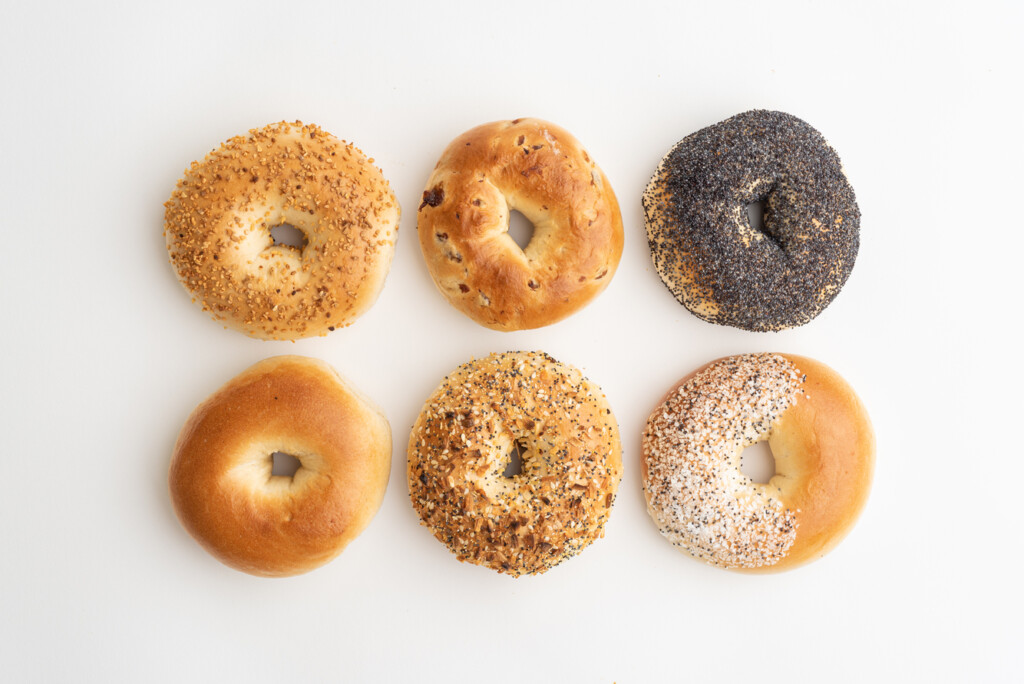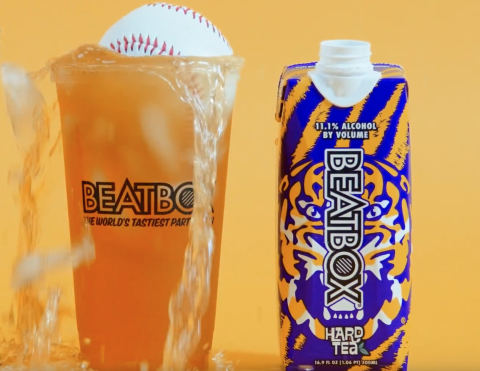For generations, we’ve found simple and satisfying pleasure in some of our most beloved foods. Often, these are the products built on texture, taste, and tradition. In today’s market, a fundamental shift in consumer behavior is reshaping the food landscape. And, for established brands, the challenge is to evolve without erasing the very qualities that built a loyal following.
A new approach to eating that emphasizes protein has gained mainstream popularity. This trend, known as the “macro-mindset,” is now forcing the entire food industry to adapt. The macro-mindset now focuses on tracking protein, carbs, and fats to make more intentional, health-focused food choices. Businesses, from grocery stores to restaurants, now must adjust their menus and products or they risk becoming irrelevant.
The New Center of the Plate
What was once the domain of bodybuilders and elite athletes is now a primary purchase driver for the everyday shopper. The search for high-protein options has broken free from specialty stores and now dictates decisions in most food categories. This shift is apparent throughout the supermarket, where high-protein dairy like Greek yogurt and cottage cheese are now staples, and even snack foods are being reformulated with added protein.
This wave of change is also crashing into categories traditionally built on carbohydrates. Bakeries, pizzerias, and pasta-focused eateries, for example, are also re-evaluating their menus. Brands that trade extra carbs for extra protein grab shoppers’ attention and bring them back for repeat buys. Companies that operate across restaurants, grocery shelves, and packaged goods (CPG) see the trend first, tweak recipes faster, and hit the market a step ahead of everyone else.
Decoding the Demands of the Macro-Mindset
The modern consumer is more educated and intentional about their food choices than ever before. Thanks to the mainstreaming of fitness culture and the increasing popularity of macro-tracking apps, shoppers are scrutinizing labels with a new level of attention. They are making calculated decisions about what fuels their bodies, and they are quick to reject products that don’t align with their goals.
This “macro-mindset” is not limited to the fitness-obsessed. We see it in busy professionals looking for a breakfast that will keep them full until lunch, in families trying to find healthier on-the-go options, and in casual health-seekers who have come to expect higher-protein choices as a default. This new standard challenges brands to rethink everything from portion sizes to ingredient panels. It’s no longer enough to simply offer a “healthy” option. Brands must now be transparent about the nutritional makeup of their products and be able to communicate that value to a health-conscious consumer.
Transforming Trends into Brand Strength
While the pressure to chase the latest trend is huge, brands don’t have to sacrifice their product’s soul to appeal to the modern, macro-conscious consumer. Any forward-thinking brand would add nutritional benefits while protecting the craveable customer experience that made them a favorite in the first place.
When developing a new product or reformulating a classic, a brand’s commitment to quality must be non-negotiable. Consumers should not have to choose between a product that meets their nutritional goals and one that they genuinely enjoy eating. Finding that balance often requires significant investment in research and development, with countless trials to perfect a recipe.
Ultimately, this strategy transforms a market trend into a moment of brand strengthening, proving to consumers that a product can meet the demands of their modern life without compromising the main reason they keep coming back. For brands of the future, nutrition and desire won’t be a trade-off. There’ll be a fusion, where the healthiest elements are also the most craveable.
About Jeff Ustin
Jeff Ustin is the Vice President of Western Bagel, Los Angeles’ original bagel shop, founded in 1947. A third-generation leader in the family business, Jeff has helped expand the brand’s reach across retail, wholesale, and direct-to-consumer channels while maintaining its deep roots in the local community. Under his leadership, Western Bagel continues to evolve as a beloved staple in Southern California and beyond.





